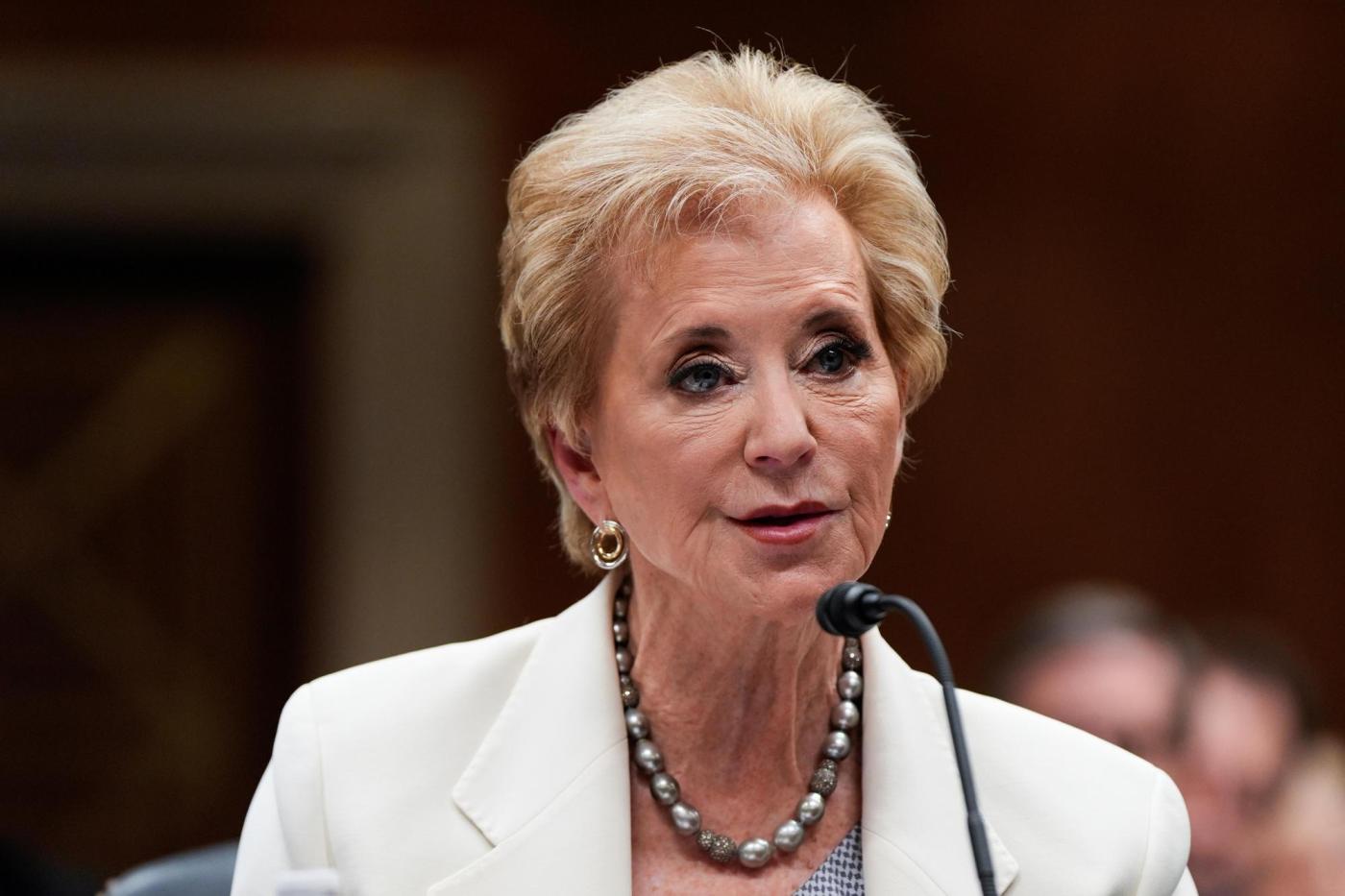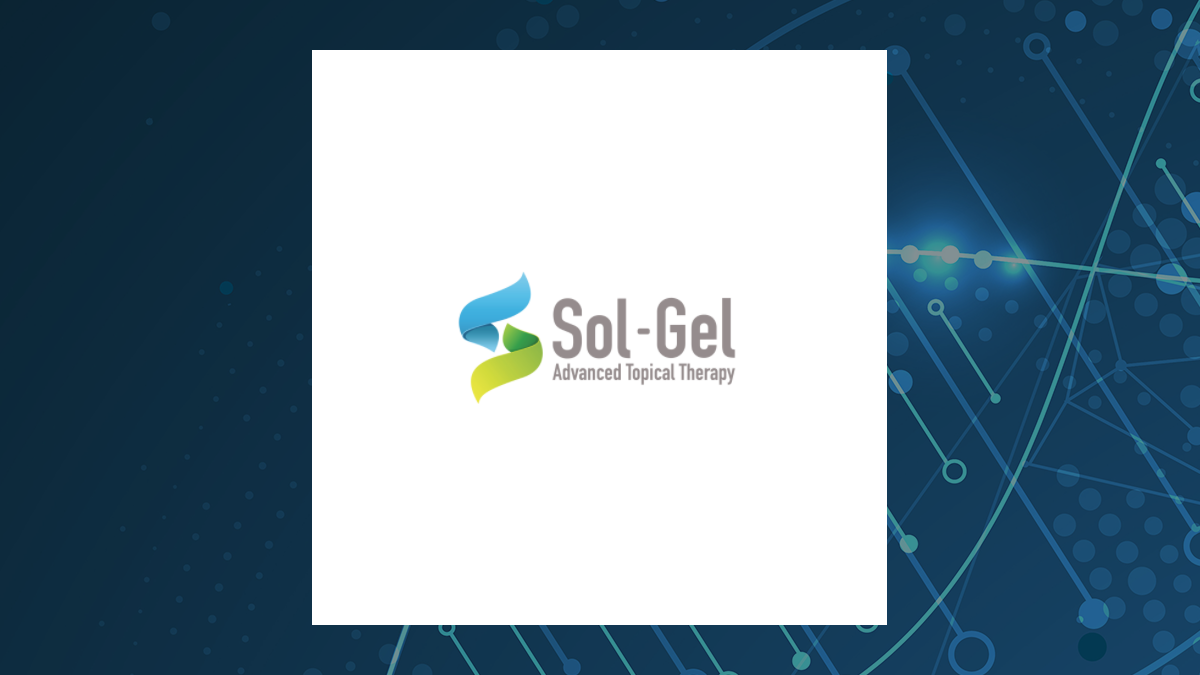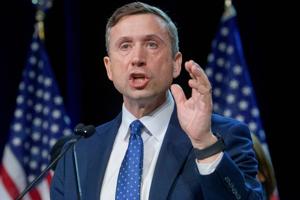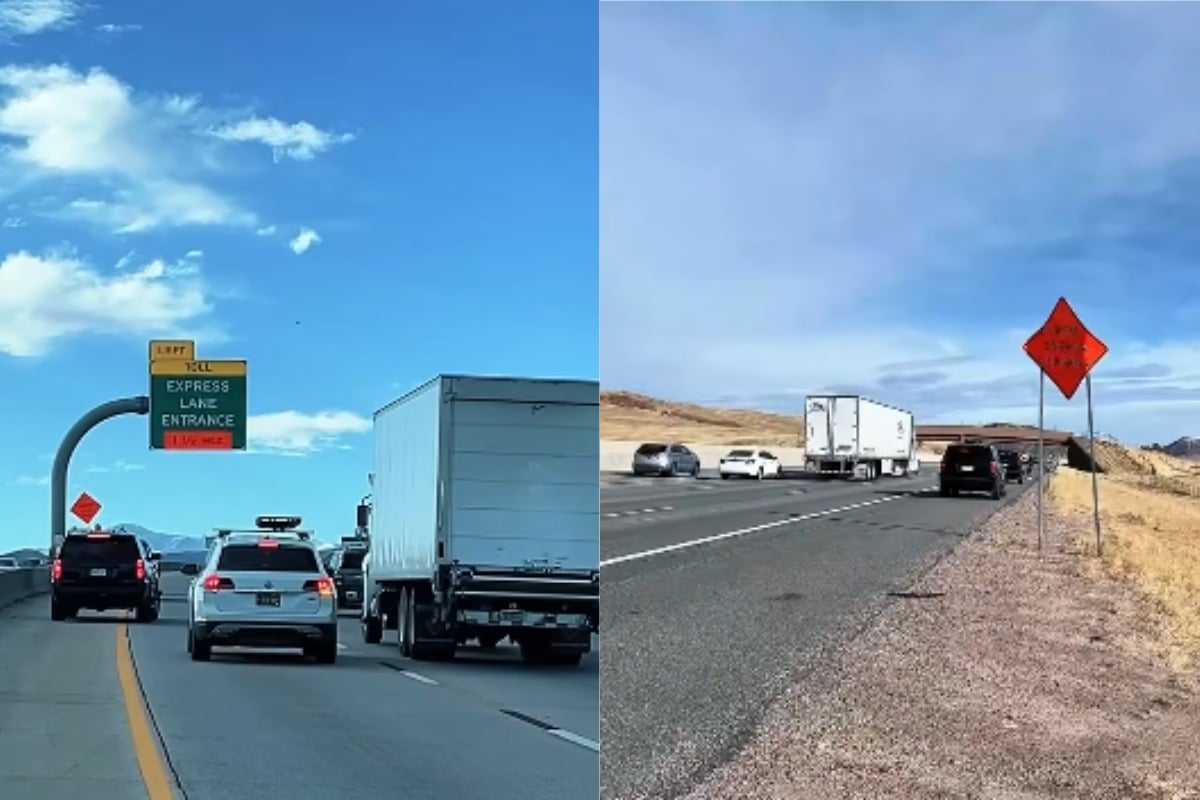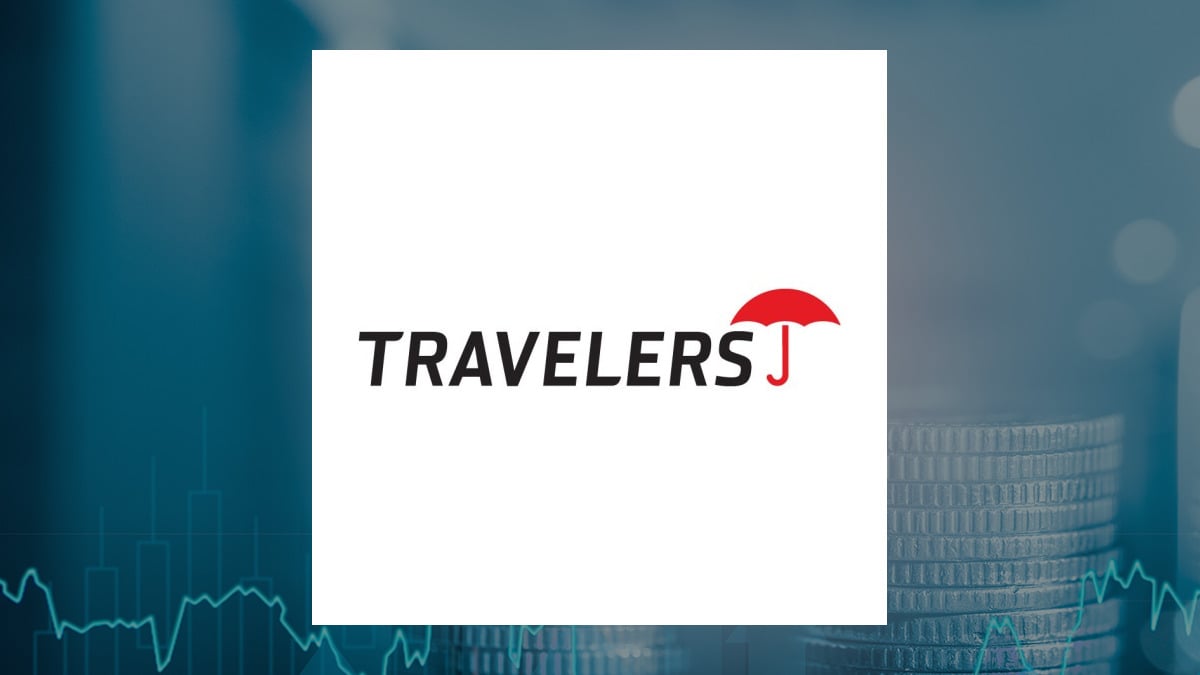The Trump administration has announced significant changes to the Public Service Loan Forgiveness (PSLF) program, effectively excluding employees of organizations that support undocumented immigrants or provide gender-affirming care for minors from receiving student debt relief. This decision, which the administration described as a measure to prevent taxpayer funds from supporting what they deem “illegal” activities, was revealed on Thursday.
The PSLF program, established in 2007, allows for the cancellation of student debt for full-time public servants after ten years of consistent payments. This includes teachers, government employees, healthcare workers, and law enforcement officials. Under the new guidelines, the eligibility criteria have been tightened, specifically targeting organizations that engage in activities the administration considers unlawful.
Under Secretary of Education Nicholas Kent stated, “The Public Service Loan Forgiveness program was meant to support Americans who dedicate their careers to public service – not to subsidize organizations that violate the law.” He emphasized that the administration would not allocate taxpayer dollars to organizations involved in actions such as harboring undocumented immigrants or performing certain medical procedures for minors.
Details of the New Rule
The rule will come into effect on July 1, 2026, and outlines various activities that would disqualify organizations from PSLF participation. These include violations of federal immigration laws, supporting terrorism, and providing gender-affirming care to minors. The Trump administration has framed these changes as necessary to ensure that federal benefits are directed toward legitimate public service roles.
This announcement follows other significant modifications regarding federal financial aid and student debt relief. Earlier in May, the U.S. Department of Education resumed the collection of defaulted federal student loans after a nearly five-year hiatus that began during the COVID-19 pandemic. Furthermore, recent budget proposals from the Republican Party have revised federal student loan amounts and altered previous repayment plans established under the Biden administration.
Reactions from Advocacy Groups
The response to these changes has been swift and critical, with more than 250 organizations condemning the decision. A letter addressed to U.S. Secretary of Education Linda McMahon described the new rules as unconstitutional and an attempt to undermine organizations that do not align with the Trump administration’s political agenda.
“This proposed rule is a clear, unlawful attempt to weaponize the PSLF program in an effort to intimidate and punish governments and nonprofit organizations,” the coalition stated.
Many higher education organizations have also expressed concern, warning that the changes could adversely affect millions of borrowers and compromise the program’s primary objective of reducing financial burdens for public servants. Some organizations, including legal services nonprofits such as Democracy Forward and Protect Borrowers, have indicated they may pursue legal action against the administration for what they describe as an unconstitutional overreach of authority.
“This new rule is a craven attempt to usurp the legislature’s authority in an unconstitutional power grab,” the organizations commented in a joint statement. They stressed that the president does not possess the authority to override Congressional decisions, signaling their intention to challenge the administration in court.
As the implications of these changes unfold, the administration’s focus on restricting eligibility for student loan forgiveness highlights a broader strategy to reshape federal financial aid programs in accordance with its political views. The evolving landscape continues to spark debate among advocacy groups, lawmakers, and public servants alike.

